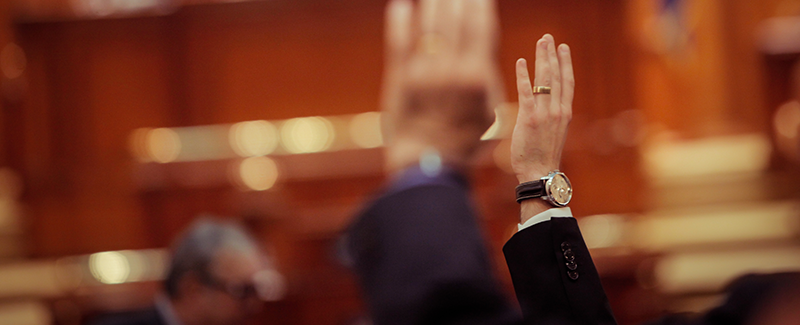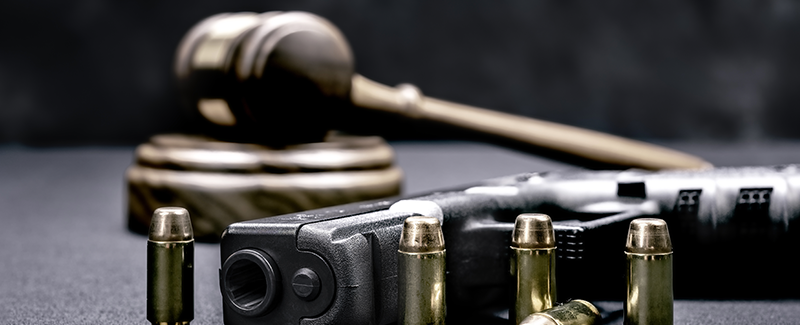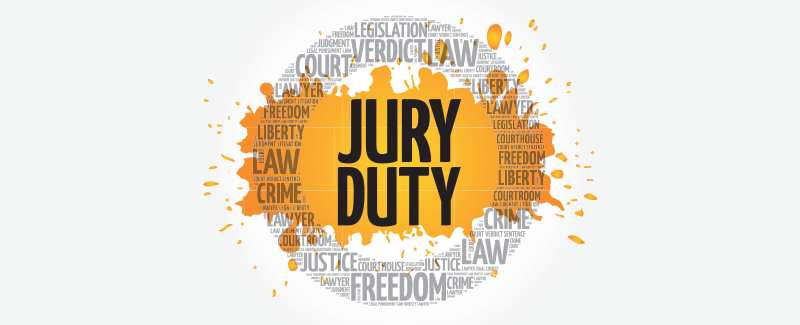Kentucky is finally taking action as two bills have been approved by the House and are moving to the Senate, both of which hope to improve a long-time flaw in the U.S. criminal justice system.
The first bill would serve to incentivize those released from prison to reintegrate back into society while on probation. Those seeking a fresh start after release could get it sooner by completing specific education, skills training, work, or substance use treatment for time to be taken off their probation timeline. This would, in turn, reduce the number of citizens on parole, saving the state millions of dollars each year. Motivating those on parole to better themselves for the good of society is a very powerful move that could also lead to probation officers getting some relief on their heavy caseloads. The bill would permit someone to receive 90 days off their probation if after being released from prison they earned their GED. In addition, one day would be taken off for every 40 hours they work, if they can find steady employment. The overall goal with this bill is to reduce recidivism and give those who have been released a fair fighting chance at steady employment.
The next of the two bills moving to the Kentucky Senate is a bill that provides automatic expungement in certain cases after acquittals and dismissals with prejudice. This is where the long-time flaw in the United States criminal justice system appears. Are you aware that if someone is accused of a crime, tried in a court of law, and the case is ultimately dismissed, the charge remains on the accused’s criminal record? Innocent until proven guilty is being confirmed as a sham by those who have been proven innocent and still walk around with a messy record, only able to be expunged by pleas and hefty legal fees. The bill would make certain that individuals don’t end up with a record if they aren’t guilty.
Kentucky is taking the right steps to start improving its criminal justice system, and we hope the Senate passes both bills when they come to committee. If you won’t benefit from Kentucky’s new bills upon passing, don’t worry, because Easy Expunctions offers a free record check to get you started. Take matters into your own hands at www.easyexpunctions.com.











